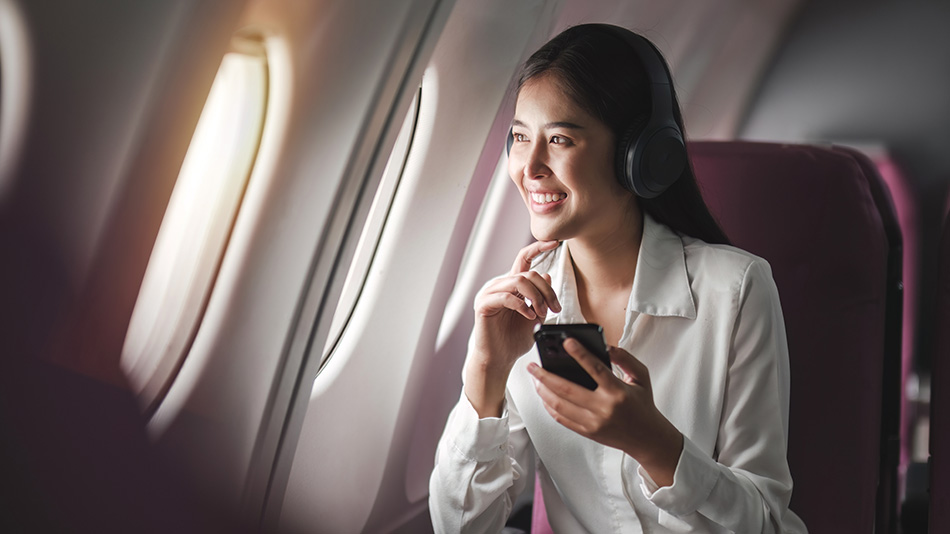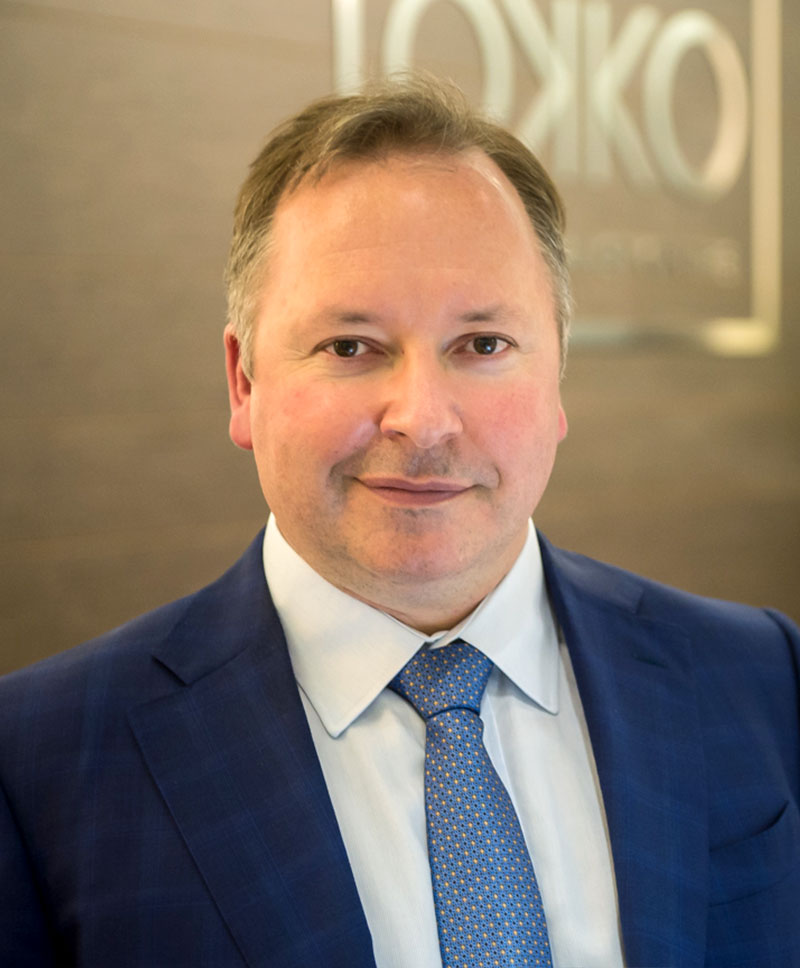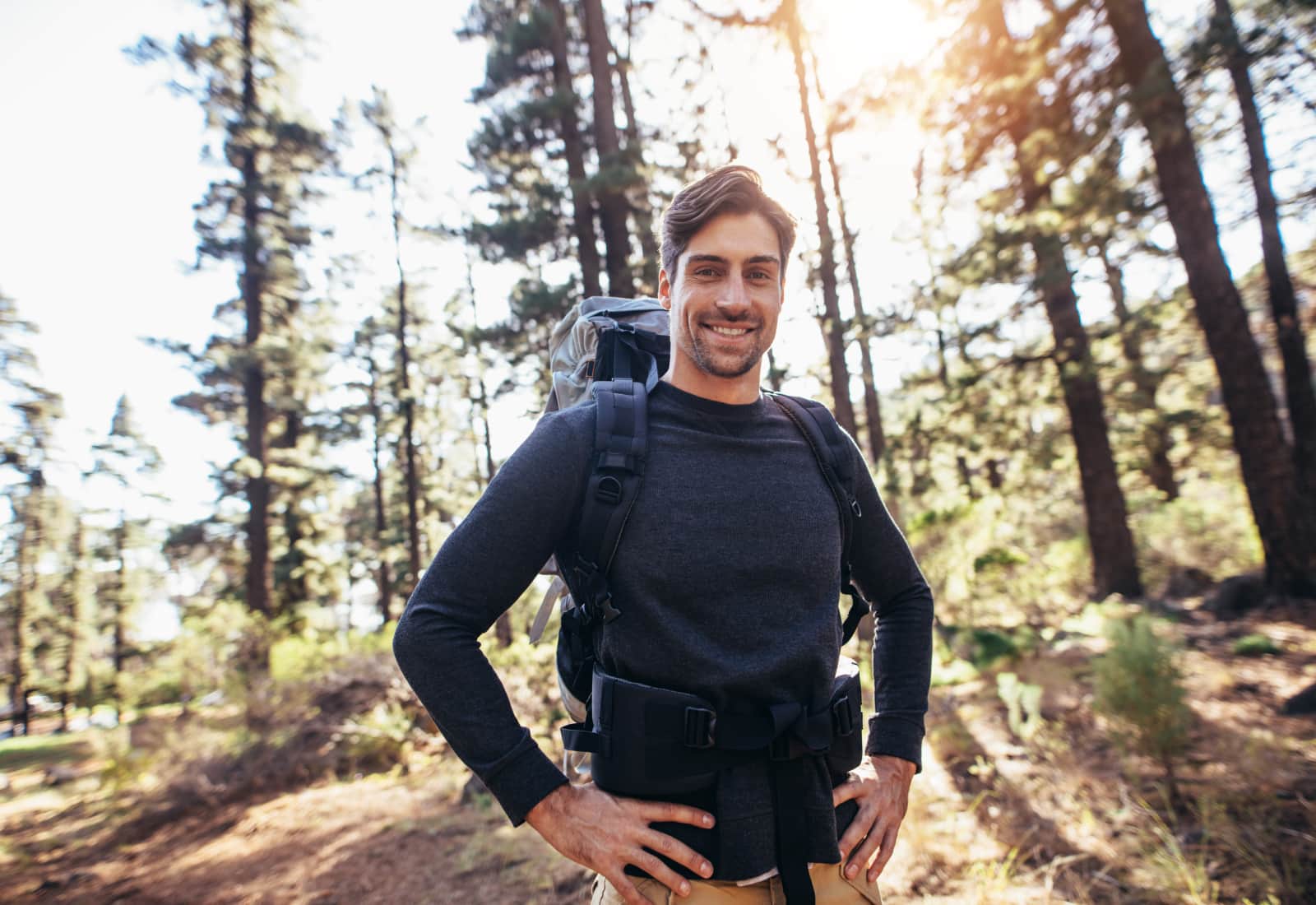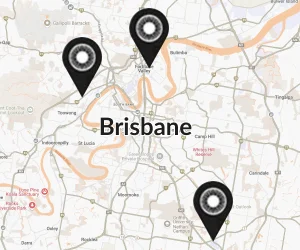
How soon can you fly after PRK surgery?
Laser vision correction is life-changing1https://www.ncbi.nlm.nih.gov/pmc/articles/PMC3520590/#!po=78.5714—and for many, PRK is the safest and most suitable option2https://www.healthline.com/health/eye-health/prk-vs-lasik#efficacy. But what if you have travel plans? Can you fly after PRK surgery? And if so, how soon is safe?
In this blog, we explain what to consider before flying, why the timing matters, and how to care for your eyes while travelling. If you want to learn more about the procedure itself, visit our page on PRK surgery Brisbane. You can also take our suitability self-test to find out if PRK might be right for you.
The risks of flying too soon after PRK treatment
Air travel after PRK surgery is usually safe3https://www.caa.co.uk/passengers-and-public/passenger-guidance/health-guidance/health-information-for-passengers/passenger-health-faqs-am-i-fit-to-fly/. But the first few days after surgery are a delicate time. Your cornea is healing, and your vision may still be blurry or light-sensitive.
Flying immediately after the procedure is not recommended.
Here’s why:
- Dry air in the cabin can worsen post-surgery dryness
- Changes in pressure can affect your comfort
- Eye drops and care routines may be harder to manage in transit
- Fatigue and light sensitivity can make flying uncomfortable
We recommend waiting until your surgeon confirms that your eyes are stable before flying.
What are the restrictions after PRK surgery?
For the first few days to a week:
- Avoid touching or rubbing your eyes
- Use your prescribed eye drops regularly
- Avoid dusty or smoky environments
- Stay hydrated and rest your eyes
- Delay strenuous activity or long travel
Even if you're feeling fine, your eyes are still healing beneath the surface. It’s important to follow all aftercare instructions to support long-term results.
How soon can you fly after PRK surgery?
Most people can fly safely after 3 to 5 days, once the surface layer of the eye has begun to heal. Some may be cleared sooner or later, depending on individual recovery. This also allows time for your check-up with us prior to travel.
Always check with your surgeon before booking flights.
Short-haul flights are typically safe first. For longer flights, make sure you:
- Keep lubricating eye drops in your carry-on
- Wear sunglasses if light sensitivity continues
- Rest your eyes during the flight
- Stay well hydrated
Some people are cleared to fly after 24 to 48 hours4https://www.caa.co.uk/passengers-and-public/passenger-guidance/health-guidance/health-information-for-passengers/passenger-health-faqs-am-i-fit-to-fly/, but this varies case by case.
Can I go on holiday after laser eye surgery?
Planning a holiday? It’s possible to travel within a week of PRK surgery, but timing matters.
Consider:
- You’ll need a follow-up appointment in the days after surgery
- You must be able to stick to your eye drop schedule
- Risk of infection is higher in pools, spas, or dusty areas
- Avoid swimming or using hot tubs for at least 2 weeks
If you want to travel soon after surgery, choose a calm, clean destination and avoid activities that could put your healing eyes at risk.
How soon can you fly after other laser eye surgeries?
LASIK procedure: Some people are cleared to fly within 1 day. Because the surface heals more quickly, travel is often easier post-LASIK.
SMILE surgery: Similar to LASIK, many people can travel after 1–2 days.
PRK procedure: Healing takes longer, so extra caution is advised. Many surgeons recommend waiting at least 5 days, sometimes up to 1 week, especially for longer trips5https://www.researchgate.net/publication/6264843_Visual_and_flight_performance_recovery_after_PRK_or_LASIK_in_helicopter_pilots.
Your post-operative plan will depend on your eye health, procedure type, and any medications or treatments you're using.
Flying after PRK is possible—Just not immediately
While it's usually safe to fly after PRK surgery, it's best to wait until your eyes have started to heal and your surgeon gives the all-clear. For most patients, this means waiting around five days, though some may fly earlier or later depending on individual recovery.
Plan ahead, follow your aftercare instructions, and take steps to protect your eyes if you need to travel shortly after your procedure.
Take our PRK suitability self-test to see if you're a good candidate for surgery and to start planning your clearer future—whether you're staying local or heading abroad.

Hi, I’m Dr. Matthew Russell, a laser and cataract surgeon
HI I’M DR. MATTHEW RUSSELL A LASER EYE AND CATARACT SURGEON
With over 15 years of experience and over 20,000 procedures performed, I enjoy the privilege of helping patients of all ages reclaim clear vision or preserve it for as long as possible.
Vision correction and high-precision cataract surgery hinge on the expertise and skill set of the provider who also has access to the most precise tools for the job. Ophthalmic surgeons like me know how to make treatment safe, comfortable and positive for the patient. They know how to minimise the risk of complications and maximise successful outcomes.
I have a passion for helping my patients enjoy the clear, high-definition vision they need to live rich and active lives. Now, I have hand-picked a team of professionals that share my passion and commitment to exceptional care.
Dr. Matthew Russell
MBChB, FRANZCO






